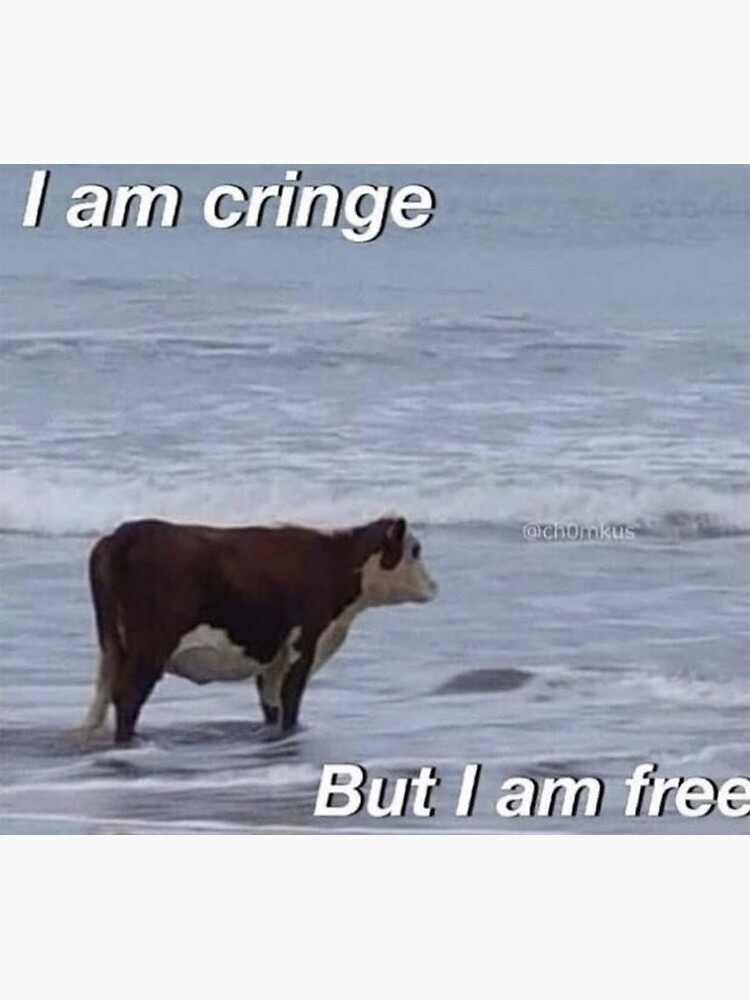Rainbow capitalism was cringe. I miss it.
#ItGetsBetter wasn’t perfect, but it gave kids like me something to hold onto.
Remember when every June meant corporate pride floats, heartfelt celebrity allyship, and brands tripping over themselves to prove who could be the loudest, most colorful, most aggressively pro-gay company in America? It was all very earnest, very sanitized, and, depending on who you asked, maybe a little cringe. And then it was gone.
We are living through a cultural moment where sincerity is deeply out of fashion. On the right, hostility toward LGBTQ people has become a central pillar of mainstream politics. On the left, performative allyship is scrutinized so aggressively that many people would rather say nothing at all than risk getting it wrong. In between those extremes, the internet’s ironic detachment machine turns everything—pride, solidarity, hope—into something embarrassing. Cringe.
But here’s the thing: corny, awkward, sometimes clumsy expressions of allyship were still expressions of allyship. And we might not have realized how much we needed them until they were gone.
The Alternative to Cringe Is Worse
It’s easy to forget how much mainstream LGBTQ support was driven by the sheer enthusiasm of the Obama-era internet. #LoveIsLove. #SameLove. #ItGetsBetter. Every June, brands fell over themselves trying to prove their commitment. Pop stars released pride anthems. Award shows made space for dramatic, emotional speeches about equality. And Lin-Manuel Miranda, somewhere, earnestly told us that love is love is love.
It was a lot. And it was far from perfect. Many of the companies that participated were still donating to anti-LGBTQ politicians. Some of the celebrities who proclaimed their support in June would fall suspiciously quiet by July. And yes, sometimes the messaging was painfully sanitized—designed to be as inoffensive as possible, more about making straight people feel good than about acknowledging the realities of queer life.
But at least it was there. And at least it was loud.
Now, even the most basic, neutral expressions of support—things that were mainstream a decade ago—come with a backlash so immediate and so ferocious that most brands have decided it’s easier to just opt out. More and more companies are skipping Pride campaigns altogether. The celebrities who once treated allyship like a moral imperative have gone quiet, worried that too much enthusiasm might make them look like tryhards. And for every person who rolls their eyes and says, “Good, that stuff was always performative,” I’d ask: what do we have instead?
Because the alternative to corny earnestness is not something better. It’s silence at best and outright cruelty at worst.
Hope Is Never Embarrassing
I was 15, sitting in my childhood bedroom with the door locked, watching strangers on YouTube promise that I would make it out of that town. And I believed them.
It Gets Better wasn’t perfect, but it gave kids like me something to hold onto. It told us that our lives were worth something. That things would change. That we would get out.
The problem with the modern internet’s obsession with irony is that it doesn’t leave a lot of space for young people who still need that message. There are kids out there right now—kids growing up in red-state towns where they have never met an openly LGBTQ adult—who need to hear that they have a future. And the people who are best positioned to say it—the ones with power, visibility, and influence—are terrified that any visible display of support will make them look silly.
It’s okay to be corny. It’s okay to be earnest. If the alternative is letting an entire generation of kids grow up with nothing but fear and detachment, I’ll take rainbow capitalism any day.
Because young people deserve to know that this, like all things, will pass. And when it does, I hope they don’t have to fight for their survival in silence.




